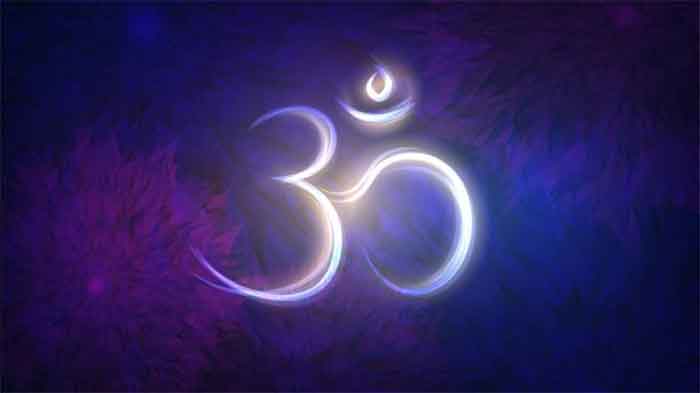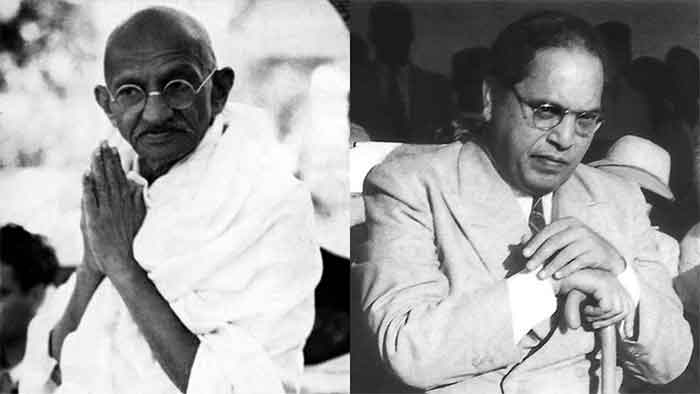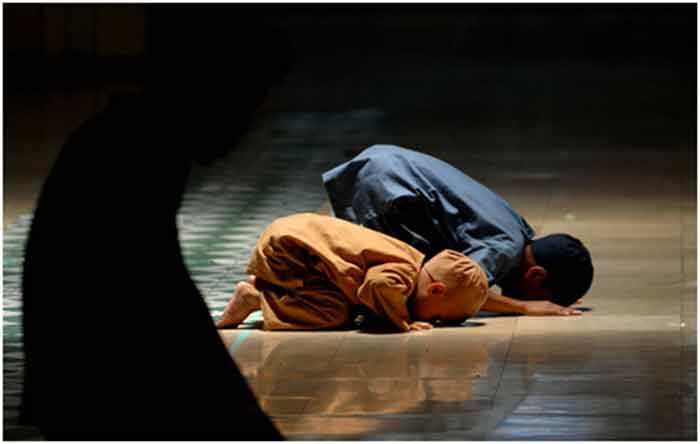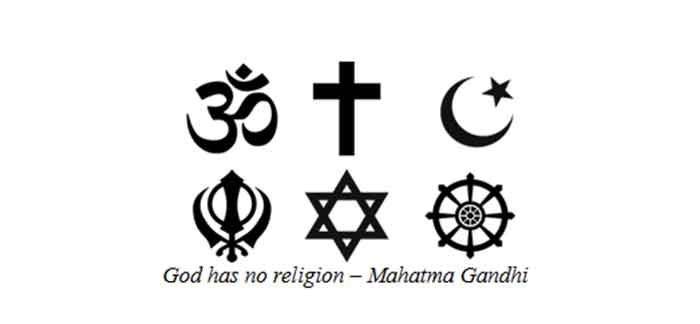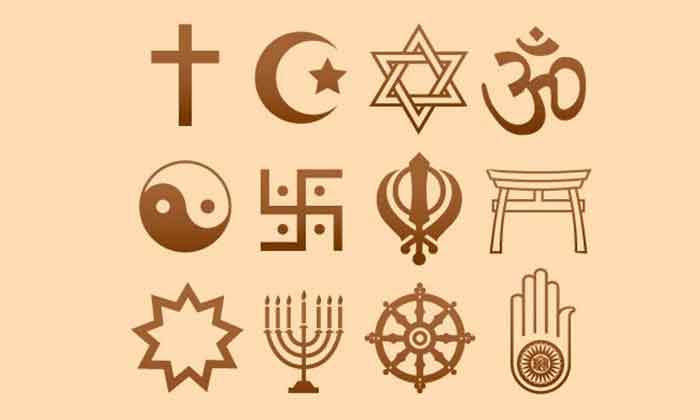
Religion is considered one of the most significant notion that determines and many times dictates the life of the people in the society. Our society is so much obsessed with the idea of religion that it starts impacting us in ways it shouldn’t. Religious beliefs is no longer a dogmatic system or system of belief in a deity or religious cult, it impacts our day to day living and influence our food choices, dressing, language, perceptions and biases, our vocation and even our mobility.
The problem here is that we no longer consider religion as a belief, but it has become a determinant and many a time ‘the’ determinant of our identity. People choose to identify themselves as individual as well as part of a community on the basis of our religion; we really support and try to mobilise ourselves with our fellow co-religionists, and detest, hate and even violently repel those who don’t align with our religious system. Is religion really so important that it has become increasingly difficult to criticise or even disagree with a religious belief and not garner a reaction from a believer? People are ready to commit a bloodbath to preserve their religion at any cost and religious beliefs have become a battleground for conflicting egos and one upmanship. Every society consider their religion as the ‘only’ gospel truth; their holy texts to be the source of salvation and universal truth and their teachers to be divinely ordained. Everyone you talk to, will tell you how their religion is a ‘way of life’, and how it is emancipating and liberating while justifying the loads of restrictions and problematic ideas by either assigning a pseudo-scientific explanation or trying to provide a ‘deeper philosophical understanding’ of those ideas that a person of limited understanding cannot comprehend.
But this idea of ‘limited understanding’ presents an interesting conundrum for its believer itself as it creates a large of ‘religious fools’, one who are barely invested with their religious literature and history of their own customs, and because of their ‘limited understanding’ become gullible to half truths and complete lies spread in the name of religion, one who get swayed by the rhetoric of religion rather than the knowledge of it, and follow blindly anyone who is ready to persuade them that he or she knows the truth. For such people, religious knowledge is derivative but as always for a believer there are no ifs and buts, all religious knowledge is ultimate and complete and thus they will be the one who will zealously rally for their religion and also the ones to react violently to anything that goes even mildly against to what they already believe or even choose to believe. And make no mistake, it has nothing to do with the educational and intellectual level of an individual. It is a matter of belief. Religious dogmas most likely stand on the pillars of willful surrender and often blind faith, and less on rational and logic.
And this is what makes us question- to what extent religion should determine our life? One can say ‘to each their own’ but does religion really provides us that space to exercise our free will? Almost all religious beliefs are based on a deontological premise, which is to say that there are inherent set of duties associated with religion which one is obliged to fulfill. The rewards are often ambiguous. We will never know to what extent our material needs like money, job, education, marriage, children is fulfilled by the grace of God and whether will be getting salvation or not? Or we are getting punished for which of our past sins? But the duties are on our face and thus unavoidable. And thus those people who don’t conform to these norms, are often seen as digressers and dissenters by the believers. Non-believers are essentially the most hated people for their failure to accept all the great things about the religions and their inability to mold their lives according to the lofty ideals of a particular religion.
Another question that arises in our mind is to what extent one should follow religious ideas, beliefs and the norms ordained by them? Is religion something that we chose for ourselves or as in most cases, we got it as inheritance from our family which was further reinforced by the society, community and people around us? But as we progress, we come in contact with people of diverse backgrounds who are beyond our own community. Should religion play any role in determining our behaviour and interaction with them? Should we try to define ourselves by our religion in spaces where religion is not required or even act as a deterrent to one’s personal or intellectual development? Unfortunately this happens too often with people carrying the insignia of their religious identities on their sleeves or head, and consciously create a barrier of identities. For the fundamentalists, the response would be to undo anything that goes contrary to the religious beliefs. Also unfortunately, the present society is plagued with a wave of revivalism wherein there has been a conscious attempt to hark back to the beliefs that originated many centuries and even millenniums ago. This pragmatic belief in the infallibility of religious dogmas in their pristine and ‘original’ form scorns at any attempt to modernise and adapt the religion according to the changing social dynamics. Are we ready to lose years and years of human development on the altar of religion? Also unfortunately yes.
To put it very crudely, Religion should play no role in dictating the personal choices of an individual. Those who believe that people should live according to the tenets of their religion are just religious fools who can’t see beyond the narrow confines of their religion. Religion is a man made construct meant to facilitate humans psychologically. It should not become an instrument of oppression. Religion is never liberating. It is coercive, oppressive and discriminatory. If you love your religion more than the right of a human to live their own life , then you are part of the oppression. Let everyone decide for themselves whether they want religion in their lives or not, and if yes, to what extent. Religion can be a wheelchair to support the spiritual endowment of an individual or society, but it should not be shoved down our throats. And this is precisely the problem with the structure of religious system in our society. We are not content with following the traditions ourselves, we take it as a mission to make everyone by hook or by crook, by manipulation, persuasion and even violence to believe in their ideas. Unfortunately, we are spiraling down as a community where religion is no longer a choice but has become a duty for all and if you don’t oblige to it, you are not worthy of living and you are a traitor in the eyes of the believers. There is no readymade solution to this problem, of we consider it one, but atleast the scope to contest, discuss, debate and argue should not be narrowed down or else there will no voice to question when religions will fight a bloody battle to establish their empire. Religion should be for everyone but not everyone needs religion.
Santosh Kumar Mamgain is a research scholar in the University of Delhi. He has published 2 books and more than 30 writings in different anthologies and 6 research papers.

